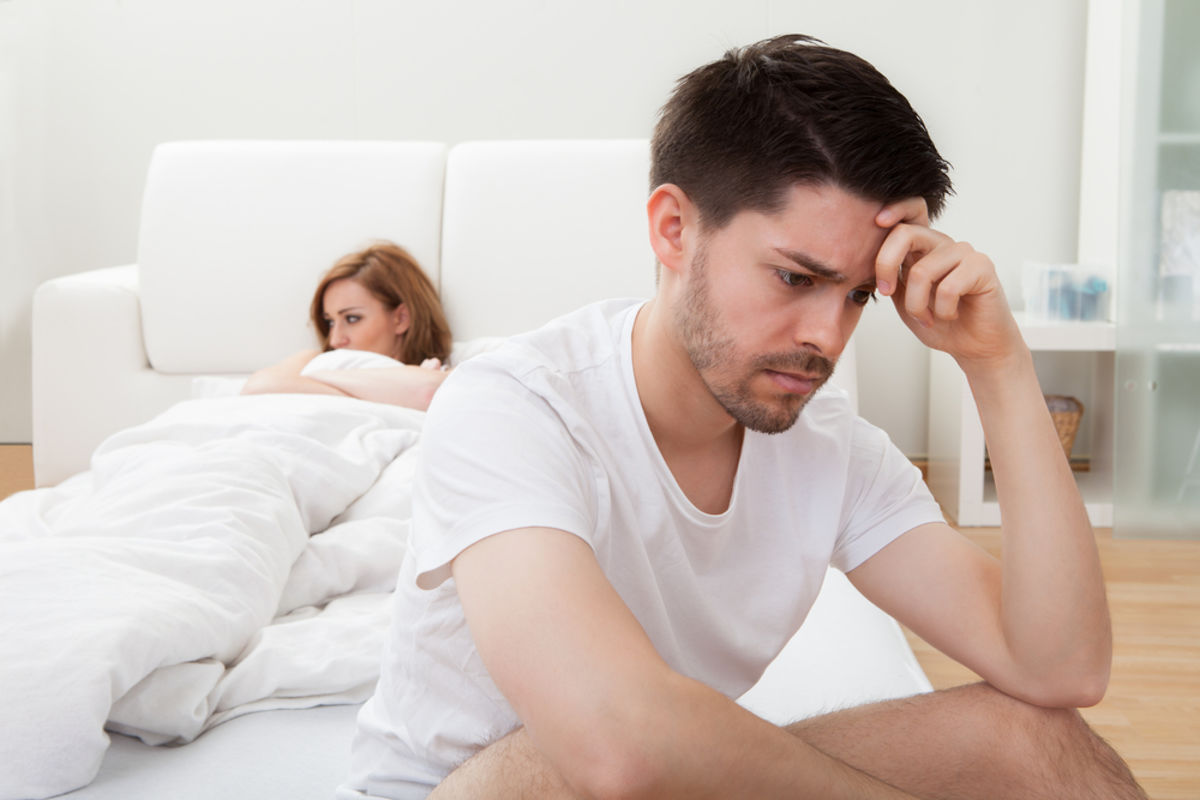Hypersexuality, or nymphomania as it was previously known, is a disorder that is characterised by heightened sexual urges or fantasies that persist over long periods of time. Professionals are currently in debate about whether these inclinations should be classified as a disorder, and varied criteria puts the percentage of the adult population that suffers from it between 3 and 10 percent.

Regardless, extreme and inappropriate sexual tendencies left unchecked could cause problems in one’s personal and professional life. If you believe that your sexual urges might be interfering with your daily life, or simply seem abnormal or excessive, we recommend you visit a sexologist to get an expert opinion. For the moment, however, we will briefly discuss some of the signs of hypersexuality.
The Signs
- Sexual urges present themselves during moments of stress or dysphoric moods (like depression or anxiety).
- Repetitive engagement in sexual behaviour without care for one’s own well-being and the well-being of others.
- Persistent sexual behaviour or urges actively result in personal distress and interferes with ongoing activities.
- Repetitive and failed attempts at mitigating one’s sexual tendencies despite a strong want to do so.
This is by no means a comprehensive list of the symptoms, and for a definite diagnosis, you should visit your closest sexologist.
What Can You Do About It?
There’s no absolute solution here because, as we’ve said before, hypersexuality may encompass many different behaviours, and those behaviours may have different origins. Hence, its treatment and/or management varies. However, here are a few things you can do/use to try and reduce its intensity and impact on your life.
- Medication
Prescription drugs can be a powerful aid in battling these urges, and we recommend consulting a psychiatrist when considering medication options. Some effective drugs include SSRIs (Selective Serotonin Reuptake Inhibitors), anti-androgens and GnRH analogues for men, and mood stabilisers. SSRIs and mood stabilisers are primarily used to treat depression and bipolar disorder, respectively, but have been shown to be effective in reducing sexual urges. Anti-androgens and GnRH analogues do so in males by reducing testosterone levels.
- Find Healthier Outlets
If these urges have been noted to arise in response to particular situations, moods or other triggers, an active attempt should be made to avoid reinforcing them. To that end, one can train themselves to set upon more healthy endeavours in those moments, such as exercise or other recreational activities.
- Therapy
This can be a very important tool in coming to terms with your condition, and identifying the potential underlying causes of it. Figuring out why exactly these urges are prevalent is a major step in confronting and managing them.
In addition to helping you understand the disorder in relation to your experiences, therapy could also serve to heal and strengthen relationships that may be suffering due to its prevalence.
- Support Groups
There are certain online groups and forums that consist of people that have or do suffer from such a condition. Sharing a space with people like you can help avoid feelings of alienation and depression that could potentially worsen your condition. These people may be able to help you through your journey by sharing their own experiences, and preventing you from falling back to old negative behaviours.
We highly recommend that you consult a sexologist to determine whether you should be worried about abnormal urges at all before you consider these options. We recommend these sexologists in Karachi. However, if this is inaccessible, you should seek out a sexologist that is more in reach as soon as you are able.



